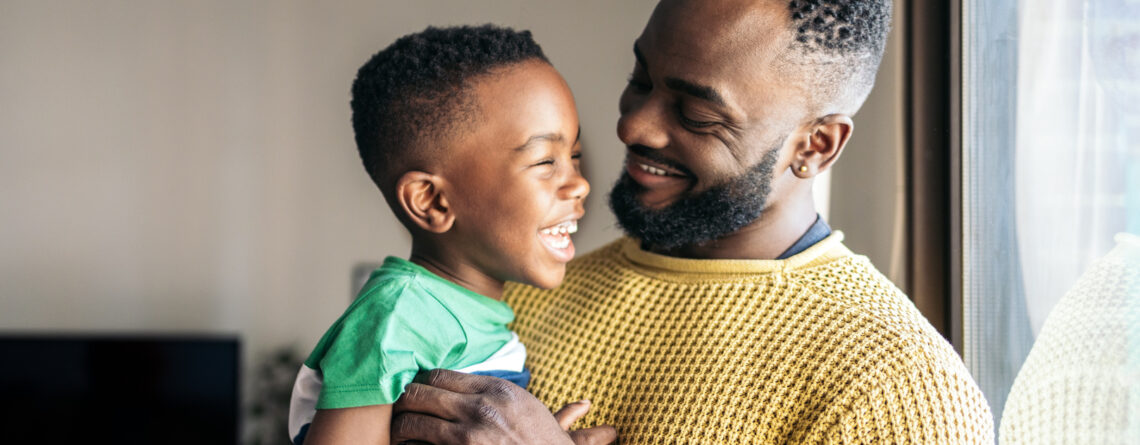How Parenthood Changes You
The Nystrom & Associates provider consulted for this article on effects of parenthood is Dr. Karin Ryan, PsyD, LP, Clinic Director, Outpatient Therapist.
Parenthood can be exhilarating yet terrifying at the same time. You might not be the type of person to cry, but you find yourself crying because of the amount of love you have for your child. You might be the type of person who can watch all movie genres, but once you become a parent, you can’t stomach certain genres.
Keep reading to learn why these changes occur and how you can cope with them.
How the Brain Changes in Parenthood
Parenthood can bring many lifestyle changes: middle of the night wakeups, new priorities, and more. Those lifestyle changes aren’t the only things that change with parenthood. When you become a parent, your brain changes, too.
For fathers, their brain’s gray and white matter grows in regions that are responsible for empathy, nurturing, and concern. This growth brings testosterone levels down which allows for increased patience.
In mothers, the amygdala will grow. The amygdala is responsible for emotional reactions and empathy. Similarly, mothers’ oxytocin levels increase. These physical and hormonal changes can be scary, but they enable you to foster a safe environment for your child.
Related: What to do if Antidepressants Don’t Work: TMS Therapy
Mama and Papa Bear
The fierce protectiveness that you feel when your child scrapes their knee on the playground or falls over while trying to take their first steps is a primal force, a mama (or papa) bear instinct wired into you. It's more than just love; it's a biological urge of parenthood to ensure the survival of our offspring, passed down through generations.
This instinct isn't just about physical threats; it extends to emotional well-being too. We want to shield our children from pain, disappointment, and anything that might rock their little world. It's a powerful force that keeps you vigilant and shapes you into the ultimate guardians for your children. The enhanced empathy that you gain when having a child is also the reason you may be more sensitive to certain topics or media genres, such as horror, drama, or thriller.
“It ties into evolution and that survival piece and want to keep ourselves safe and our kids safe."
Dr. Karin Ryan
Coping with the Change
All these emotional changes during parenthood can be daunting and unfamiliar. Try to check in with yourself on a regular basis. Regularly check in with yourself: how's your body feeling? Tightness in your shoulders? Gritted teeth? Acknowledge your emotions. Yes, you’re a parent, you’re also human.
Understanding what makes you feel good and makes you feel grounded at the human level is important. Being in-tune with yourself enables you to take control of your choices to not only enhance your life but also your children’s.
“[Empathy] ties in that importance of checking in with yourself and being like what does serve me? What helps me feel good? What helps me feel grounded?”
Dr. Karin Ryan
Related: How to Cope with Life Transitions
Nystrom & Associates on How Parenthood Changes You
Watch Dr. Karin Ryan on Twin Cities Live as she discusses the effects of parenthood and how it changes your brain.
A Word from Nystrom & Associates
Remember, parenthood is a journey, not a destination. Embrace the changes, prioritize self-care, and enjoy this incredible time of growth – for both you and your little one. If you or a loved one is struggling with parenthood, talk with us at 1-844-NYSTROM or request an appointment online at any of our convenient locations.






